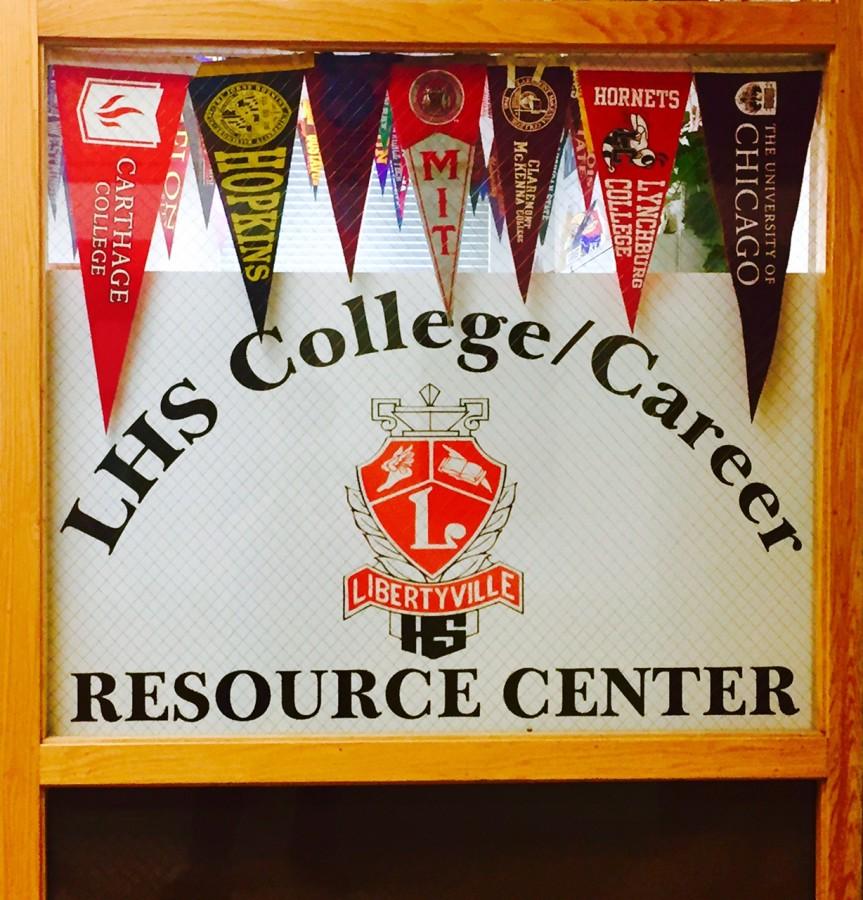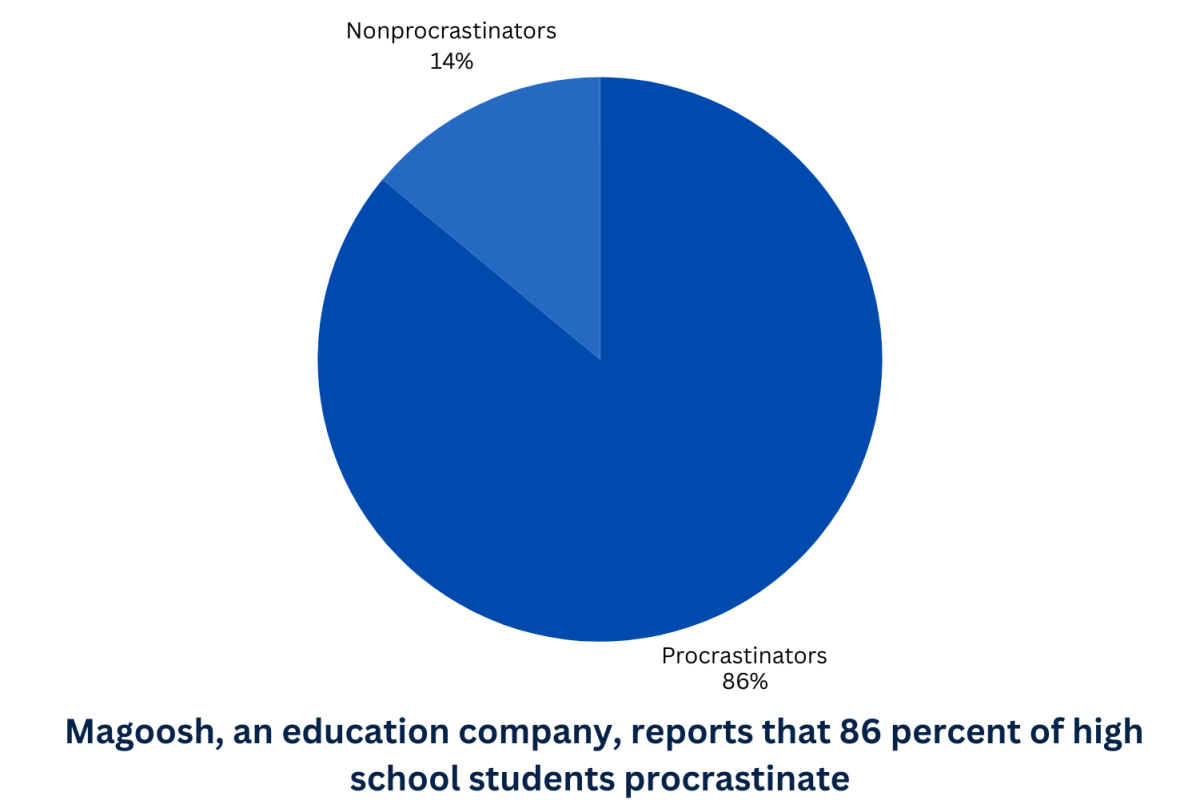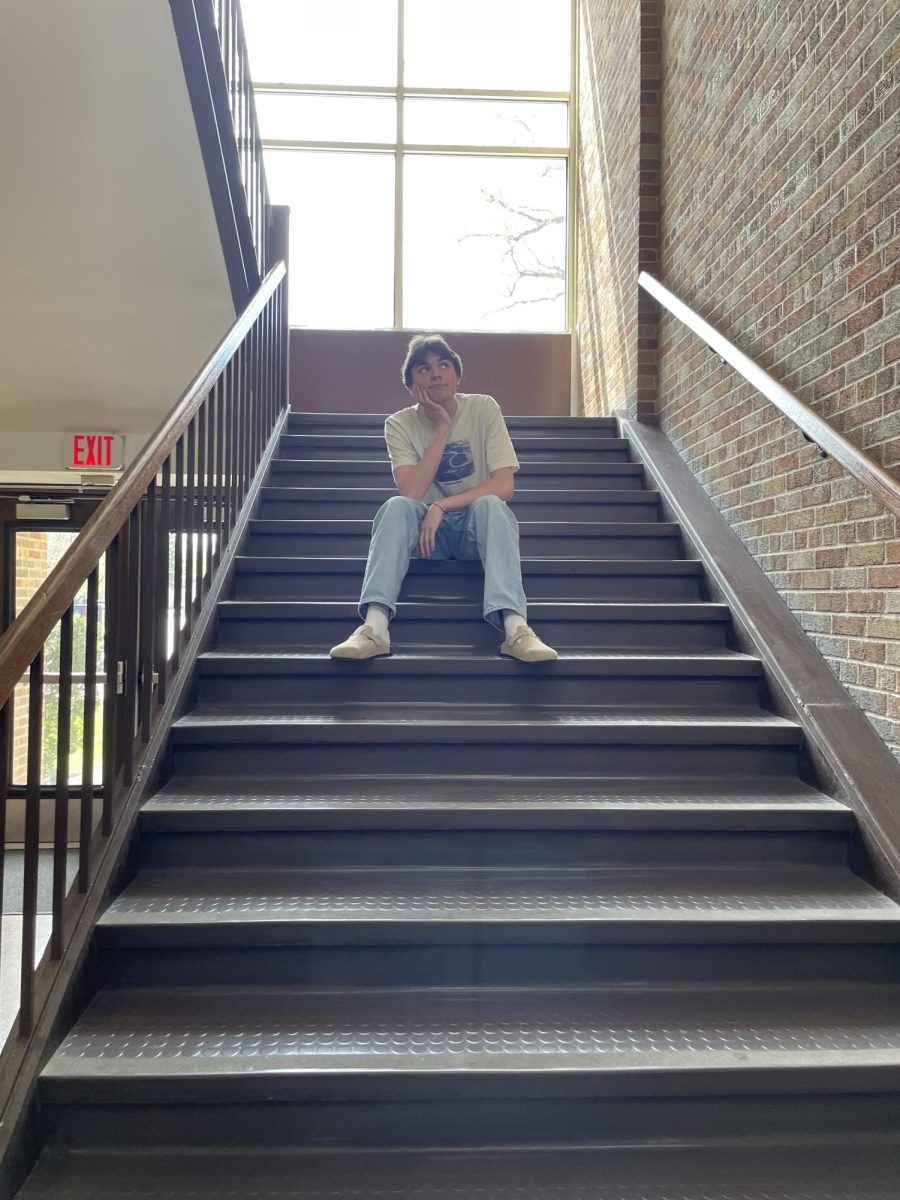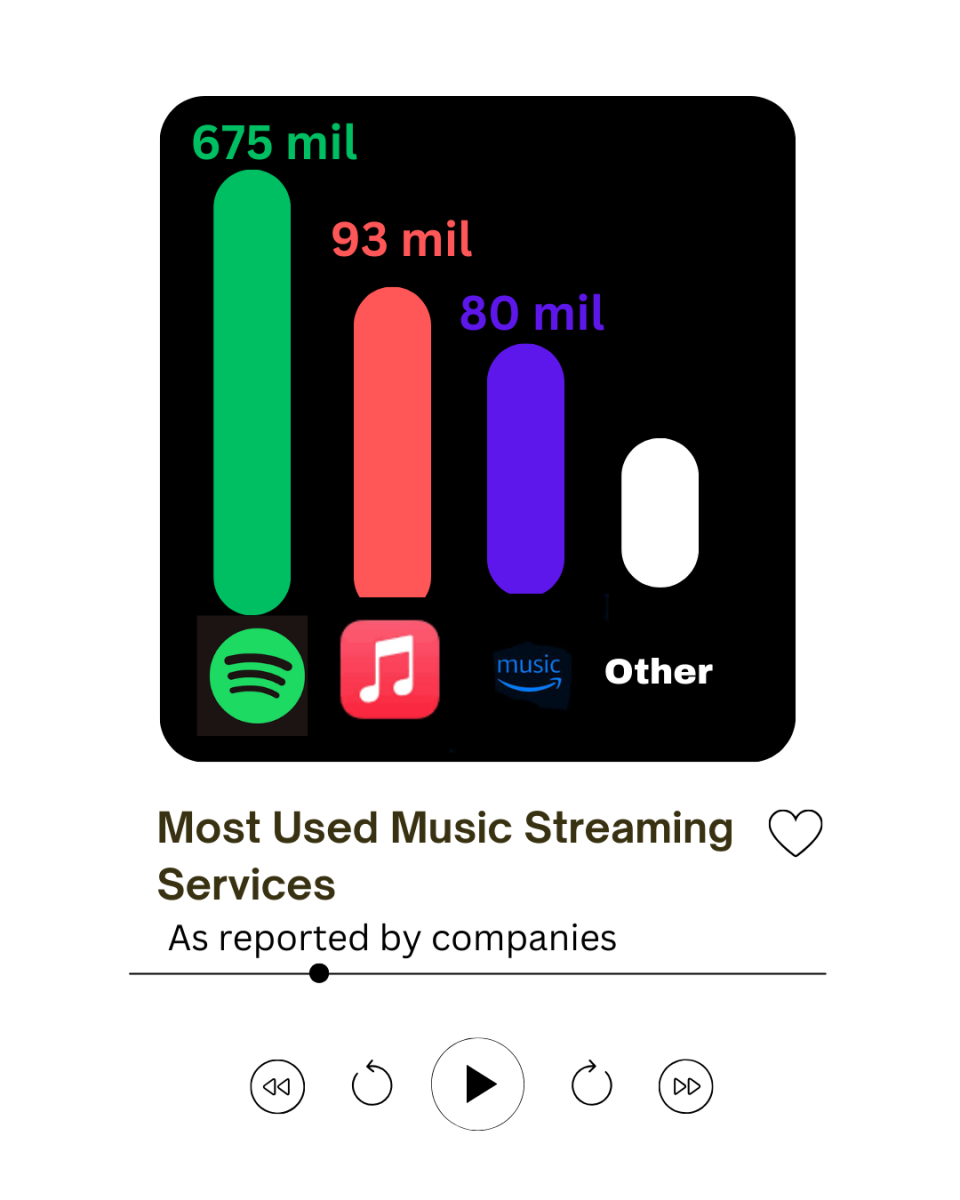All high school upperclassmen, including me, around the country are constantly fretting about what college they’ll go to or be accepted into. But in reality, there’s really no difference between going to Harvard or community college.
A term known as the Big Fish-Little Pond Effect (BFLPE) introduced by Herbert W. Marsh, a faculty member of Oxford University and prominent educational psychologist, states that students who attend highly selective schools have an academic self-concept that is negatively affected. To put that simply, we as people don’t compare ourselves on a global scale; instead we compare ourselves to neighbors and friends. For example, you go to Princeton and you only focus on the fact you are at the bottom of the class but nationally you’re at the top.
I have had this problem many times as I have smart friends who get higher grades than I do on tests. Instead of comparing myself to the class average, I compare to my friends’ higher grades, which then negatively affects myself.
Now, if you were at CLC and were at the top of the class, your self-concept would be more positively affected, if the study is correct. The question now raised is, how does one’s place in their class compared to their peers affect later succes? It really comes down to how the experience at college was perceived. Future employers won’t care much about the college you attended, OK? Yes, having Harvard on a resume is something to be proud of but it comes down to how well you can do the job, not the title of the college.
A study looking at the publications produced by students six years after they had graduated showed that those students in the 95th percentile of their class produced around four publications per person. Yet, those students in the 75th percentile, still smarter than most college students in the nation, had significantly less publications, around a half of a publication per person. To compare to the 30 worst schools, the top students had about one publication per person, better than the 75th percentile from the best schools. This goes to show that you choose the college that best fits you because that will give you the best chance of success into the future.
On an interesting note, some famous people have attended community college: Clint Eastwood, popular Hollywood actor, went to Los Angeles City College; Ross Perot (the 99th richest person in America, according to Forbes) attended Texarkana Junior College before enrolling into the Navy. He worked at IBM and founded Electronic Data Systems (EDS) in which he sold it for $1.3 billion to G.M. As I see it, the college that these select people went to really didn’t affect them and their desire for a prosperous future.
I don’t want it to make it look like I’m saying that no one shouldn’t go to a smart, highly respected school; I’m merely stating that a student from a community college can have a more successful life and career than someone from an Ivy league school. Some people have never attended college before and are millionaires. It’ll be the actions you do that will create your reputation, not the school.














